AgVoice | Sell me health, not health care: JWT's Shaziya Khan
Not surprisingly, healthy messages abound. While watching the news one is informed about new testing facilities, a gripping cricket game is interrupted by fear inducing health insurance messaging and sometimes, a long meeting is interrupted by a text message urging you to get back your lost hair! The timing in each of these all too familiar scenarios borders on comic-tragic. There is a "healthy message' waiting to be unleashed on you 24/7 whether you like it or not. What with the omnipresence of the web, paid-for messaging in mass media, editorial content in specialist health publications, health columnists and social gossip sessions are laced with gasps and gushes on weight loss, or otherwise.
In all this, the question that comes to mind is how does this impact the "health' of health care brands and branding? More pointedly, what is the evolving connection health brands should seek to build with their evolving consumers?
"HEALTHY CONVERSATIONS" NOWADAYS
Historically, health oriented brands have always stressed empathy and realness. How naturally people resonated with Iodex "ooh aah ouch', "Coldrin li' or Vick's "gale me khich khich'. These brand promises described the ailment in such a real, yet catchy way. Today, however, there is a qualitative shift in the nature of empathic connection. It is one that goes beyond treating the problem to treating the person. In that way, it is a more positive and broader empathy. New age health brands talk to "you" the person, not just to your problem.
This is because, today's consumers relate to their health "problems' in a more holistic way. 63% of Indian consumers agree that "I see my body as something I nurture, and I take an ongoing holistic approach to managing". 70% of Indians agree that there are more health risks in society today than ever before (Futures Company Global Monitor, 2009). This is significant at two levels. Firstly, consumers see health issues within the larger context of the demands of a modern lifestyle. Secondly and relatedly, as something they must "manage'. So their sense of health is connected with life fulfillment and not just problem solution. Brands that are in step with them do likewise.
Thus, health oriented brands' relationship with consumers has shifted beyond one of authority, dignity and order (the patriarchal archetype) to also include companionship, relaxation, ease (the friend archetype).
In step with this, there has been a shift in the tone of voice of brands as well as is evident among the leaders in the category. Our review of health communication maps a shift in the tone of voice from order, control, mentoring, logic, dignity, authority to heroic, witty, resilient, confident, daring, joyous, free spirited, agile, relaxed. Nothing captures this shift in role of brand and tone of voice better than Tylenol, a pain relief leader globally which now simply claims "feel better'. Or Zyrtec, an anti-allergy brand which focused its brand idea on how allergies can no longer prevent people from all the outdoor activities they love. Thanks to Zyrtec, they are free to literally, "love the air". Zyrtec is rated as among the most admired new age health brands today.
Bottom line, Sell me health, don't sell me health care. Happy World Health Day!
About the writer:
Shaziya Khan holds the position of Executive Planning Director at JWT. Apart from juggling with the numbers, Khan is a passionate writer. Way back in 2000, she won an Atticus award for her paper 'The Impact of Media on Identity' in which she wrote about Imagined Communities and argued that the task of media practitioners should be to build communities around a brand. Something that has become the order of the day today. Khan has written many papers and articles and has lots of awards and certificates to her credit.


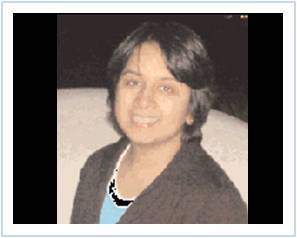

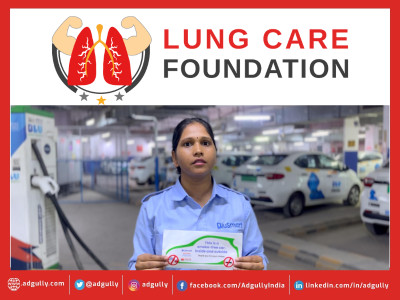


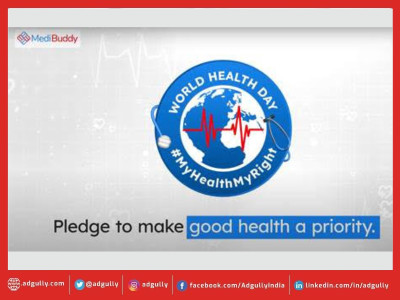

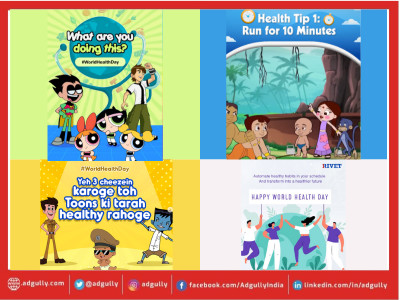
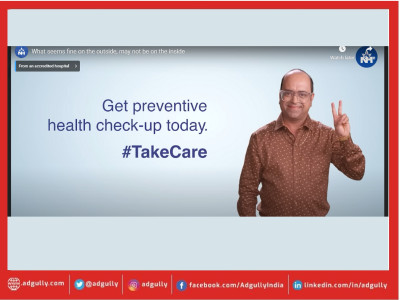
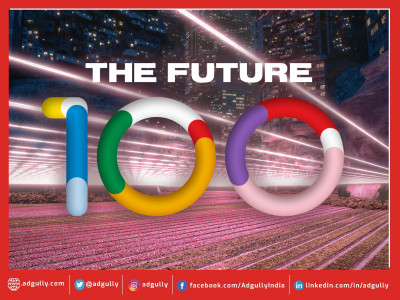
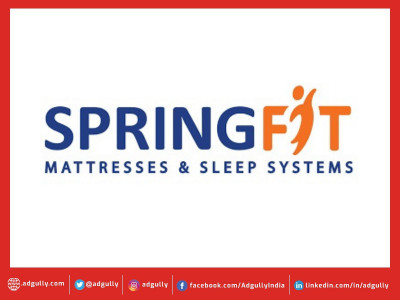
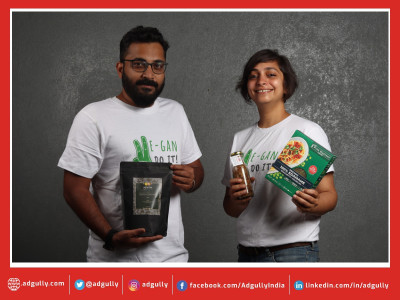


Share
Facebook
YouTube
Tweet
Twitter
LinkedIn